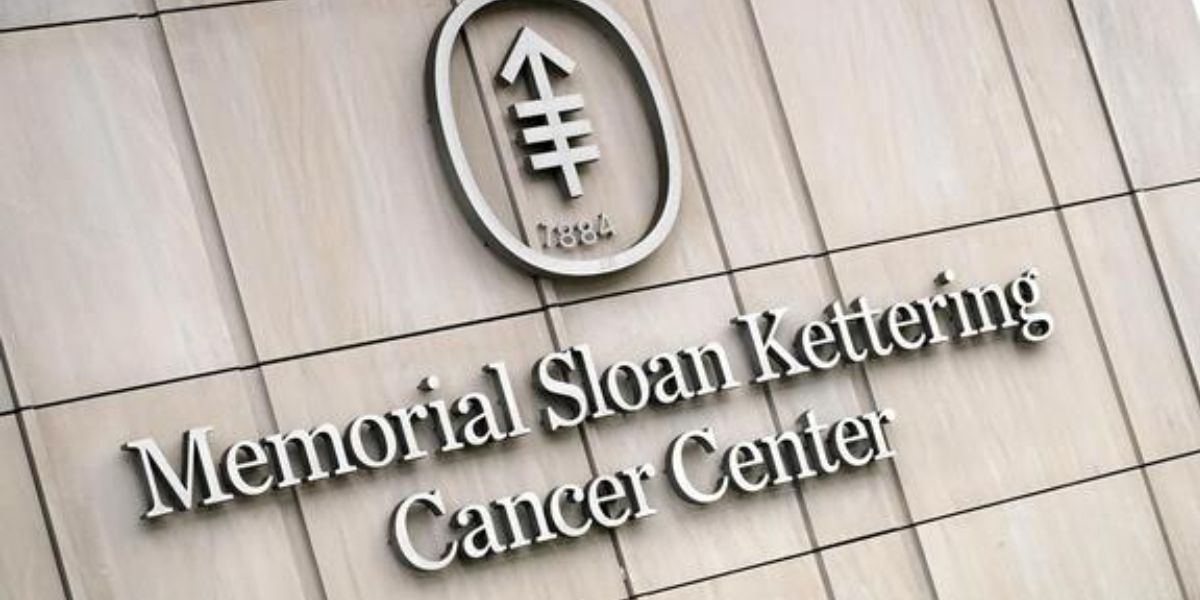A contract dispute between UnitedHealthcare, the massive health insurance company, and Memorial Sloan Kettering might prevent nearly 20,000 patients from receiving essential care.
The two parties are exchanging blame as patients, many of whom require life-saving care, anxiously await word on whether they will continue receiving in-network therapy. The two parties have until the end of June to figure out a new agreement on reimbursement rates.
Lee Kassler, a patient from Plainview, Long Island, said he was “shocked” and “disbelief” to learn that if the Manhattan hospital and health insurance company don’t come to an agreement by June 30, he will lose coverage on July 1.
Kassler, who has had a rare, incurable gastric cancer since 2022, described the range of feelings she had upon receiving a cancer diagnosis as “full of anxiety, full of stress, saddened, angry, worried, just a whole host of emotions.”
The 61-year-old new grandfather claimed that he has “110 percent” confidence in MSK and that he couldn’t fathom using another hospital for his “life and death situation.”
The current annual increase of 1.6% over the last five years, according to MSK officials, isn’t keeping up with the hospital’s growing expenses, therefore they have been advocating for a higher reimbursement rate for services.
In a statement, the hospital said, “MSK has worked hard to reach a long-term agreement with UHC — one that reflects the real cost and value of our specialized cancer care. UHC refused to agree to that.”
The top-ranked cancer treatment center, according to UHC, is aiming for a 35% increase in reimbursement rates over the next three years, which may cost the health insurance company close to $470 million to cover.
The business, which also offers Oxford plans, told The Post that “our top priority is to reach an agreement with MSK that is affordable for consumers and employers.”
“We have proposed meaningful rate increases that would continue to reimburse MSK at levels significantly higher than other National Cancer Institute-designated health systems in the New York City metro area.”
The business has also made an effort to convince customers of its position in public. Last year, suspected shooter Luigi Mangione killed its CEO, Brian Thompson.
Cardinale Smith, the chief medical officer of MSK, countered in an interview that the health insurer’s approach is not financially viable.
“Bottom line is that there are thousands of patients who need our care and UHC is just not putting them first,” Smith stated.
Read Also: NYC Signs $1B No-Bid Shelter Contract to House 86,000 Migrants and Homeless
According to hospital representatives, Kassler and about 19,225 other patients may experience treatment disruptions.
Prior to agreements being made, Sloan Kettering entered into contract disputes with Anthem and Cigna.
A New York state law mandates a cooling-off period during which at least some patients will receive in-network care at the hospital through the end of August, even if a new contract with UHC isn’t signed by June 30.
According to both MSK and the health insurer, people who have fully insured Oxford or UnitedHealthcare plans for hospital care are eligible for the grace period.
Additionally, patients can apply for continuity of care, which could provide them with a short-term extension of in-network care.
Kassler stated that all he wants is to hear about a deal because it’s his birthday in a few days.
“The best birthday present was my grandson but the second best would be let’s put this behind us,” Kassler stated.
“Let me just be under the treatment of Sloan for a long time.”



